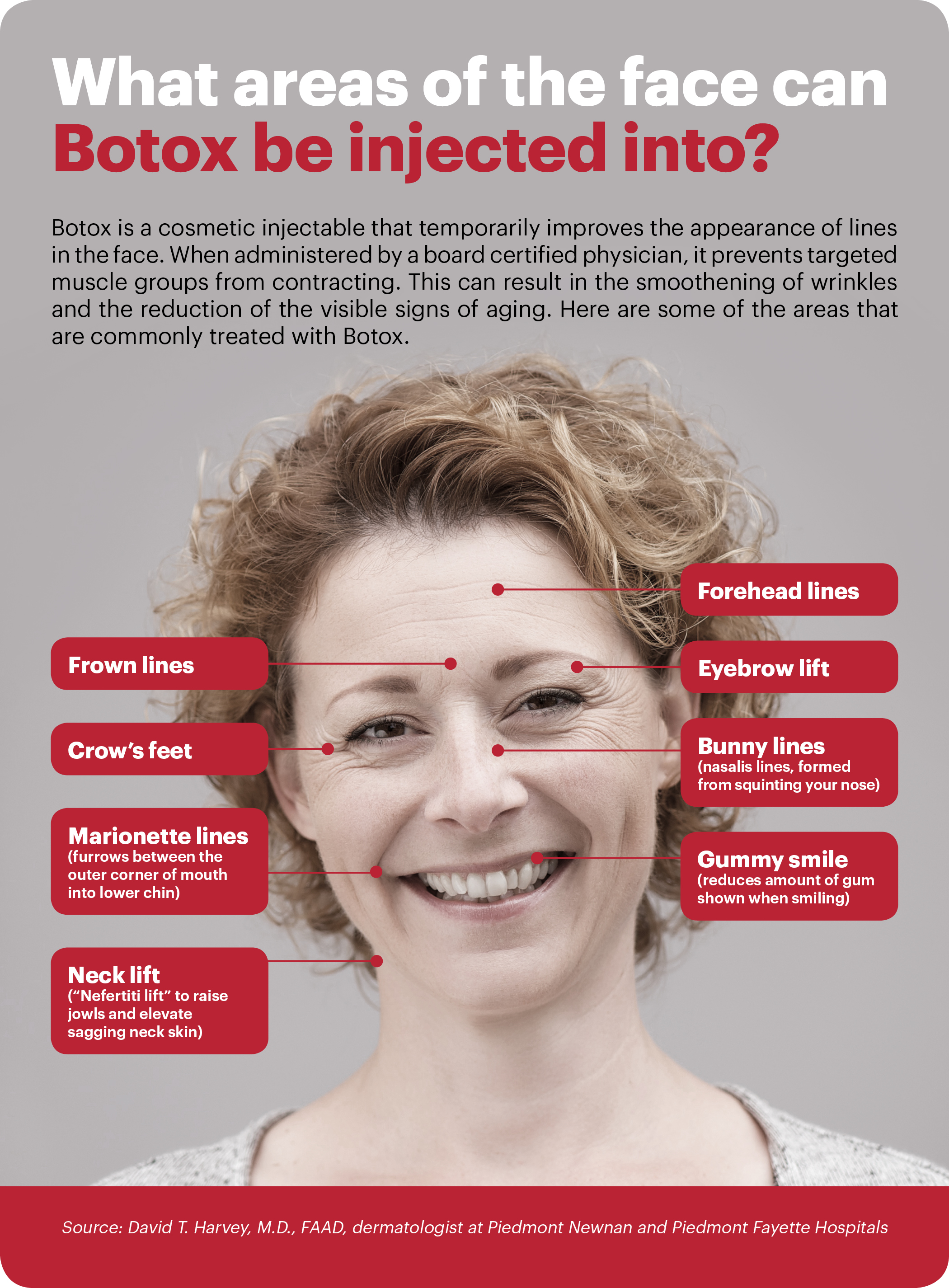Did you know that nearly 85% of people experience acne at some time in their lives? When you're faced with this common skin concern, making a decision between prescription and over-the-counter (OTC) therapies can be tricky. Each option has its own collection of benefits and drawbacks, which can dramatically impact your skin's health. So, exactly how do you determine which treatment straightens ideal with your requirements? Recognizing the crucial distinctions and what they imply for your unique scenario may just hold the response.
Key Differences In Between Therapies
When it concerns acne treatments, recognizing the crucial differences can make a significant influence on your skin's health.
You'll find two primary categories: over-the-counter (OTC) and prescription therapies. OTC options, such as benzoyl peroxide and salicylic acid, are readily available and often tend to be less intensive. They often function by unclogging pores and lowering inflammation, making them appropriate for light to moderate acne.
On the other hand, prescription therapies typically contain more powerful energetic ingredients, like retinoids or prescription antibiotics, and are customized for a lot more severe instances. These therapies typically need a skin doctor's assistance, allowing them to target certain skin concerns properly.
The toughness and formula of prescription options can cause quicker results but might likewise feature a higher threat of side effects.
You ought to also consider your skin kind and any type of sensitivities when picking a therapy. As an example, if you have sensitive skin, OTC treatments may be a gentler starting point.
Eventually, recognizing these differences helps you make notified choices concerning your acne treatment journey and leads you toward clearer skin.
Pros and Cons of Prescription Alternatives
Prescription options for acne treatment featured both advantages and negative aspects that you need to consider carefully.
One significant pro is their effectiveness. Prescription medicines usually include greater focus of active components, which can lead to faster and more efficient outcomes contrasted to non-prescription (OTC) products. You could likewise locate that prescriptions are tailored to your specific skin type and acne seriousness, providing a much more personalized approach.
On the other side, these therapies can come with substantial drawbacks. For one, they may have side effects varying from mild inflammation to more severe difficulties, which you require to check closely.
Additionally, prescription therapies can be more expensive, specifically if your insurance doesn't cover them. You could additionally deal with difficulties in obtaining a prescription, as it calls for a check out to a doctor, which can be time-consuming and inconvenient.
Advantages of OTC Therapies
OTC treatments usually use a convenient and obtainable option for handling acne. You can quickly discover these products in drug stores, supermarket, or online, making them easily offered without a prescription. This access suggests you can start your acne treatment whenever you need to, without waiting for a medical professional's consultation.
https://stephenrbkud.blogripley.com/32872173/leading-advantages-of-microneedling-for-your-skin of OTC treatments is their cost. Many non-prescription choices are budget-friendly, enabling you to check out numerous solutions without breaking the bank. You can attempt different items to see what jobs best for your skin type.
OTC treatments additionally come in a variety of solutions, consisting of gels, creams, and cleans. This selection allows you to select a product that fits your way of life and choices. Lots of include energetic components like benzoyl peroxide or salicylic acid, which are effective in dealing with acne.
Lastly, you have the liberty to change your regimen based on your skin's reaction. If one item isn't working, you can quickly change to one more without a lengthy consultation procedure. https://nypost.com/2021/04/11/new-yorkers-flock-to-plastic-surgeons-as-pandemic-ends/ encourages you to take control of your acne management trip.
Conclusion
In the long run, picking between prescription and OTC acne treatments actually boils down to your one-of-a-kind skin requirements and scenarios. While prescriptions may seem like the golden ticket for quick outcomes, OTC choices use an even more easily accessible course, allowing you take control of your skin care trip. Welcome the versatility of OTC items or take into consideration the customized method of prescriptions-- in either case, you're taking a positive step in the direction of more clear skin and increasing your confidence in the process.
